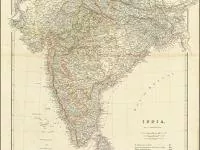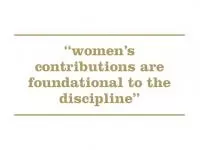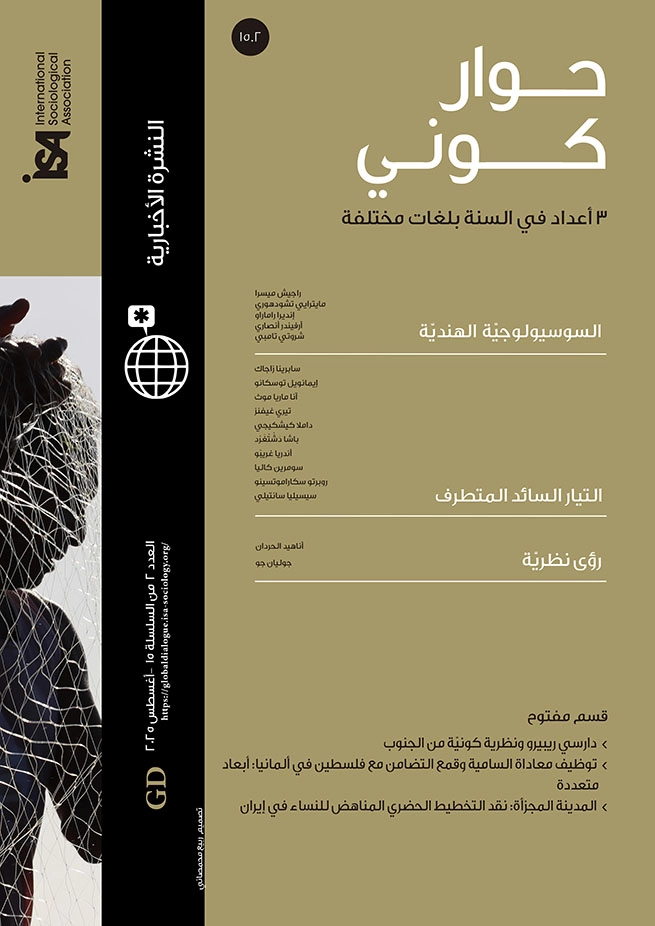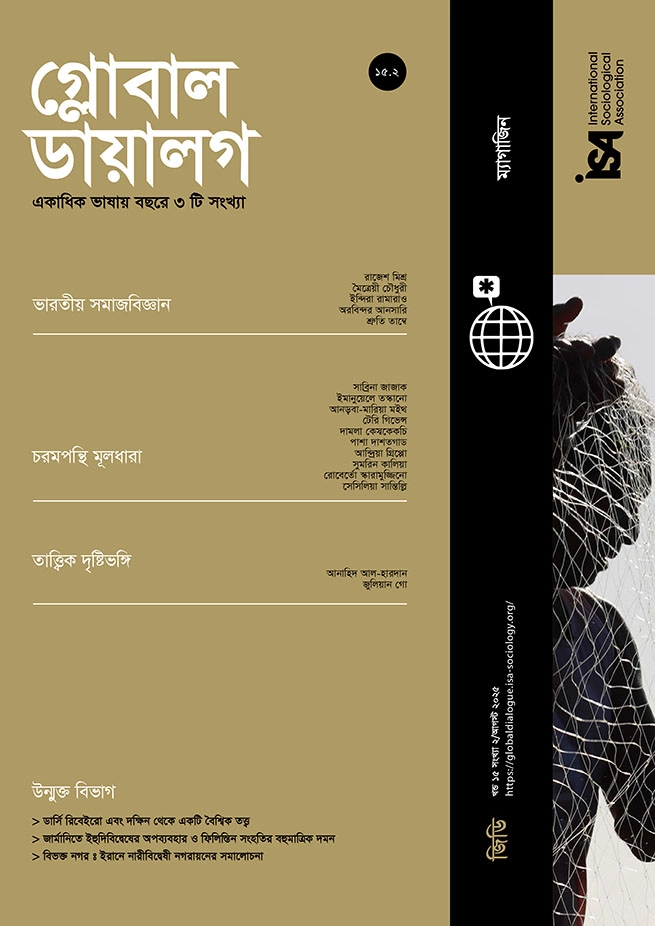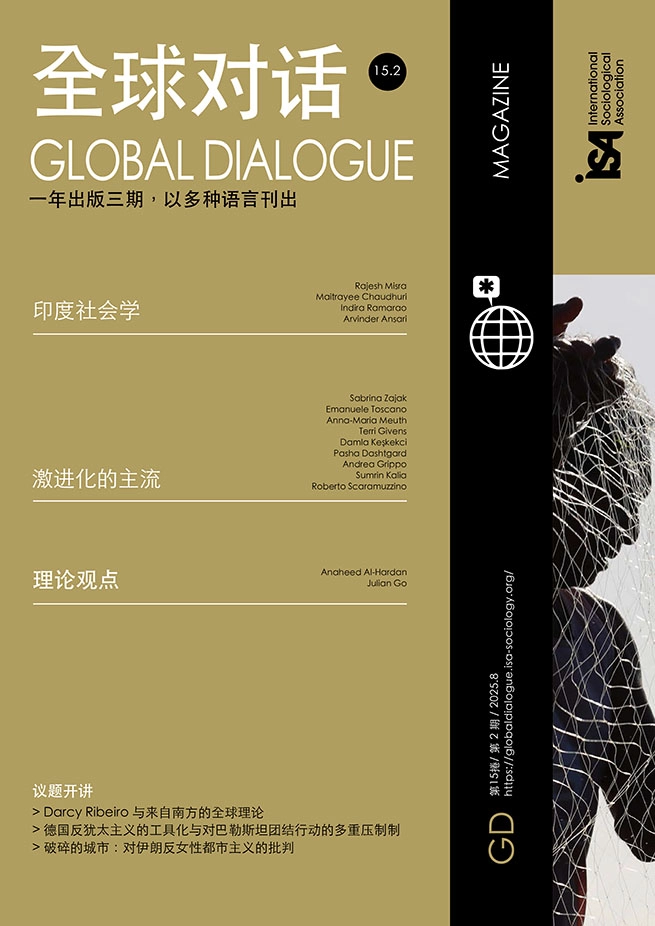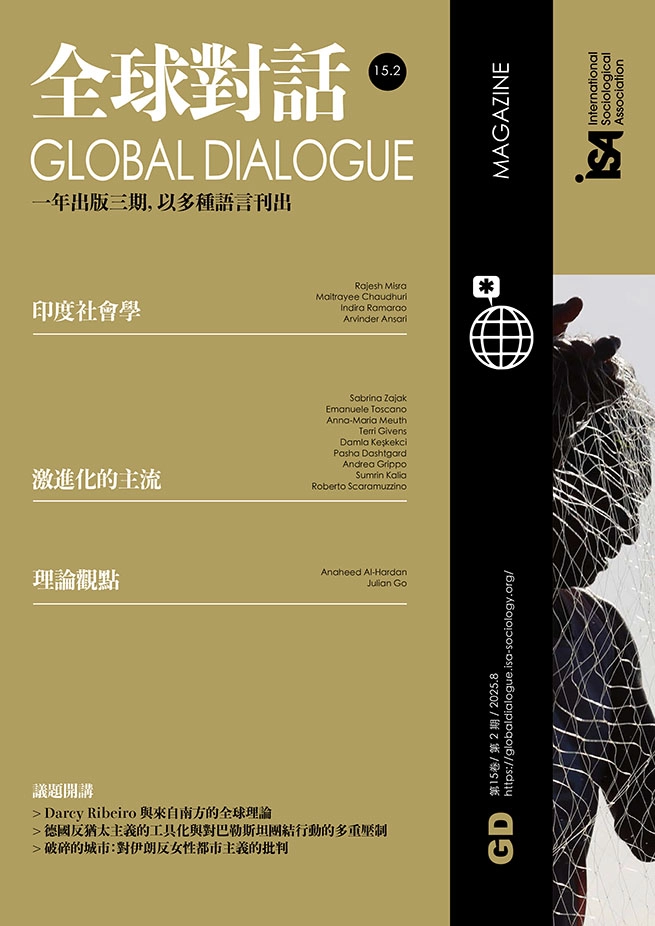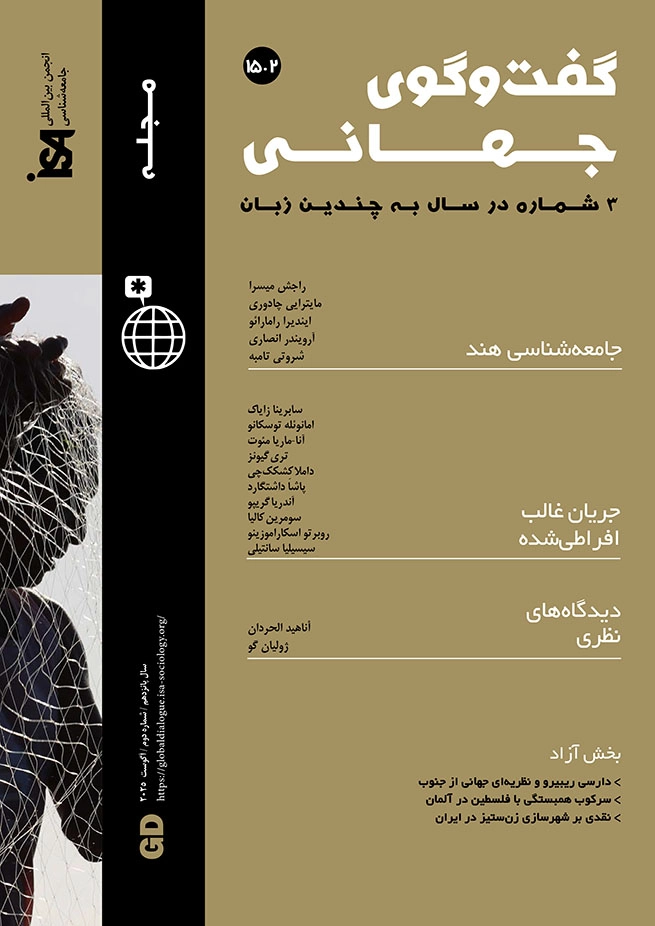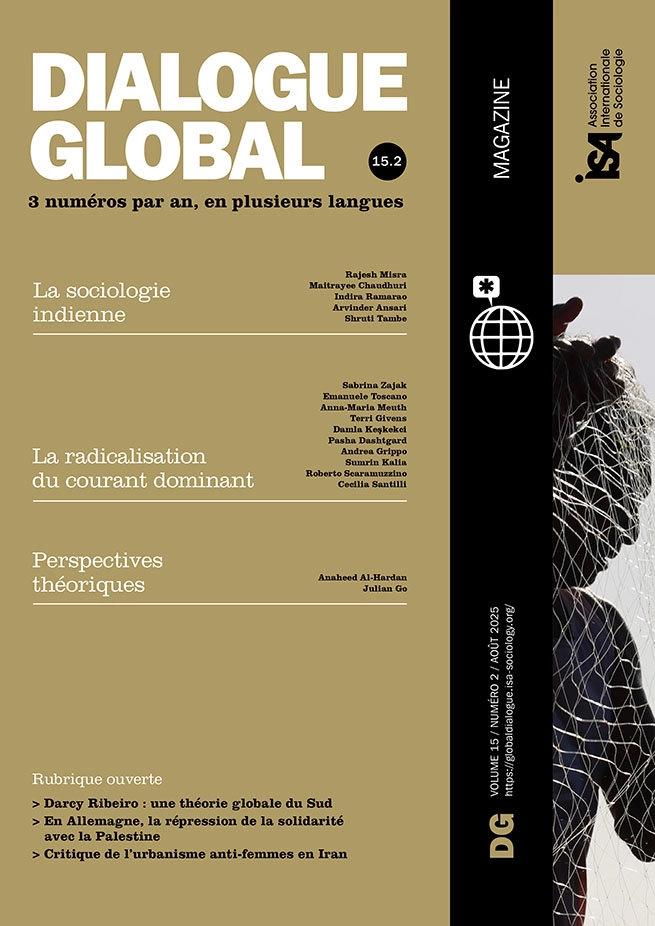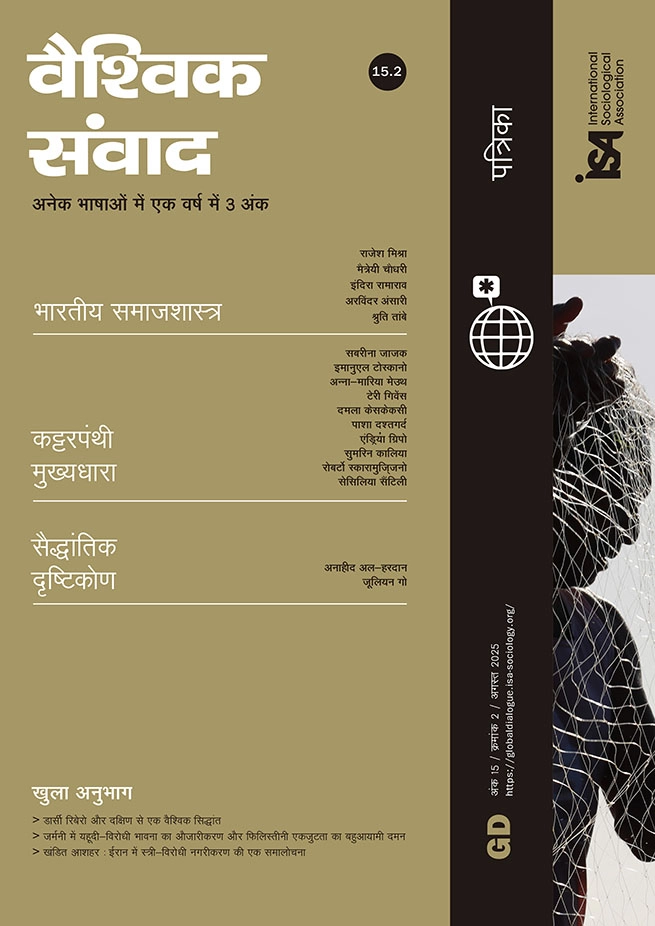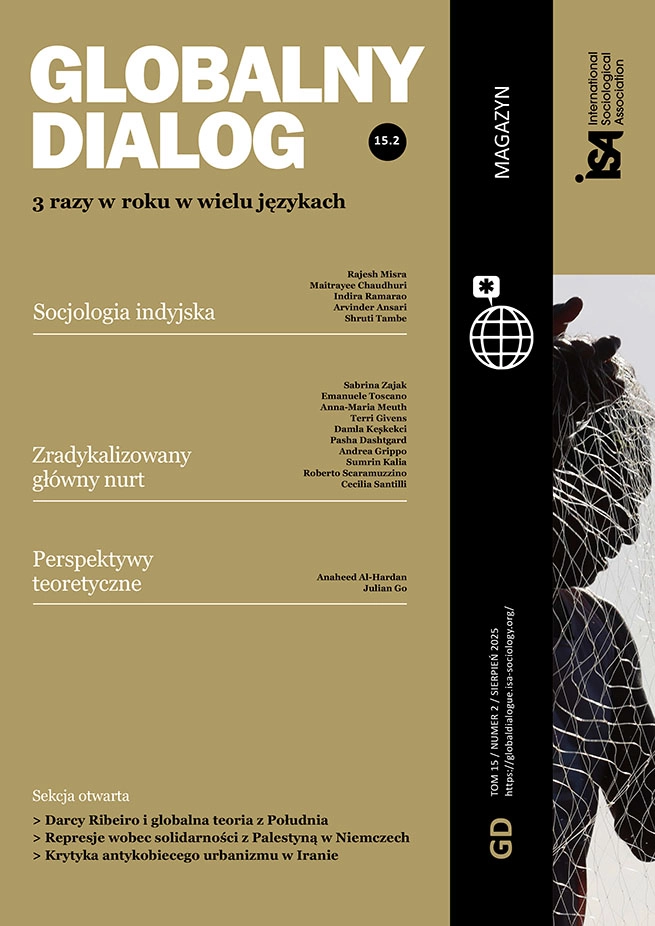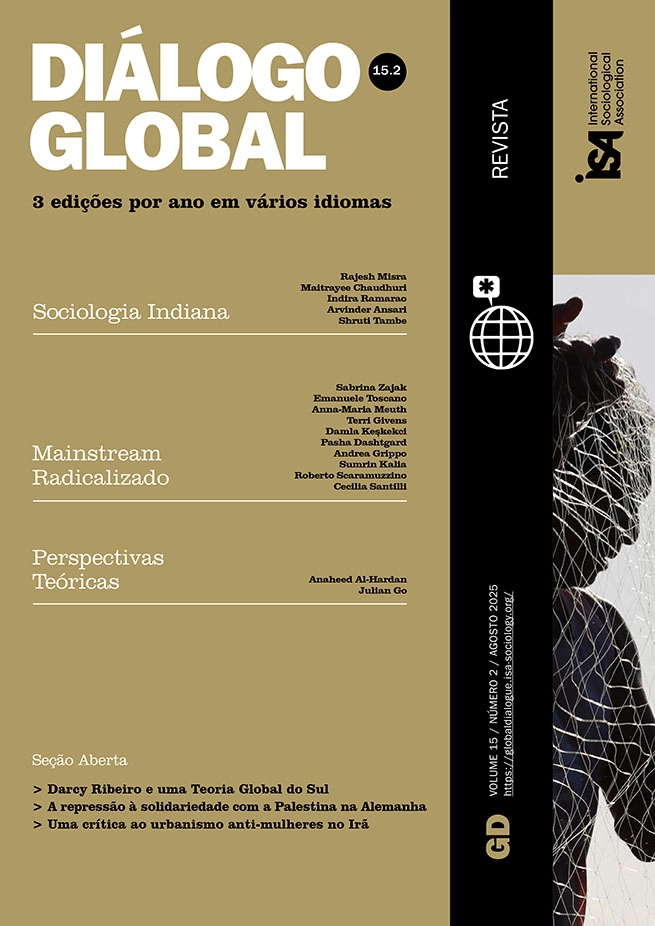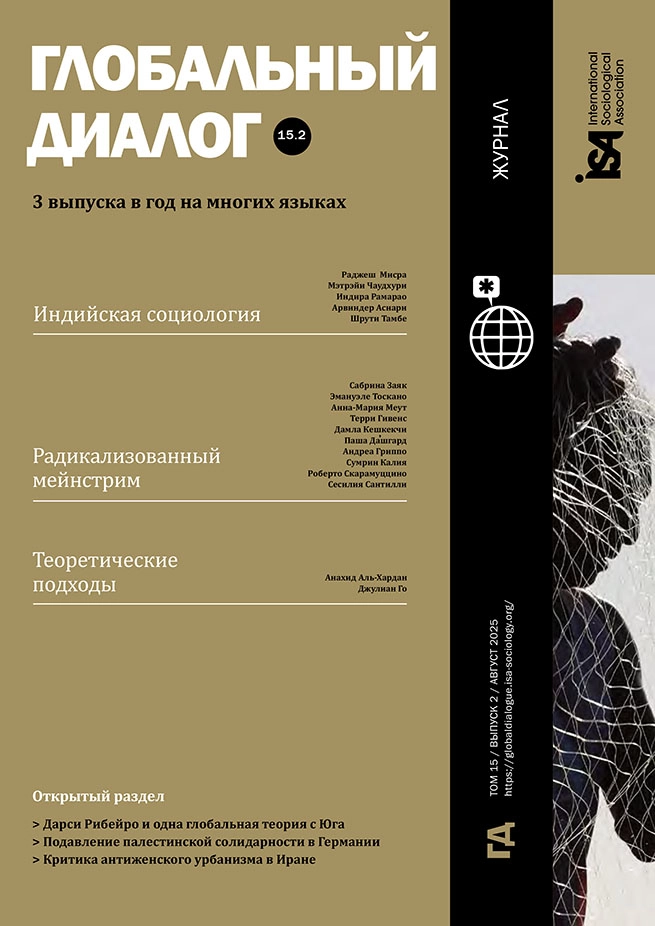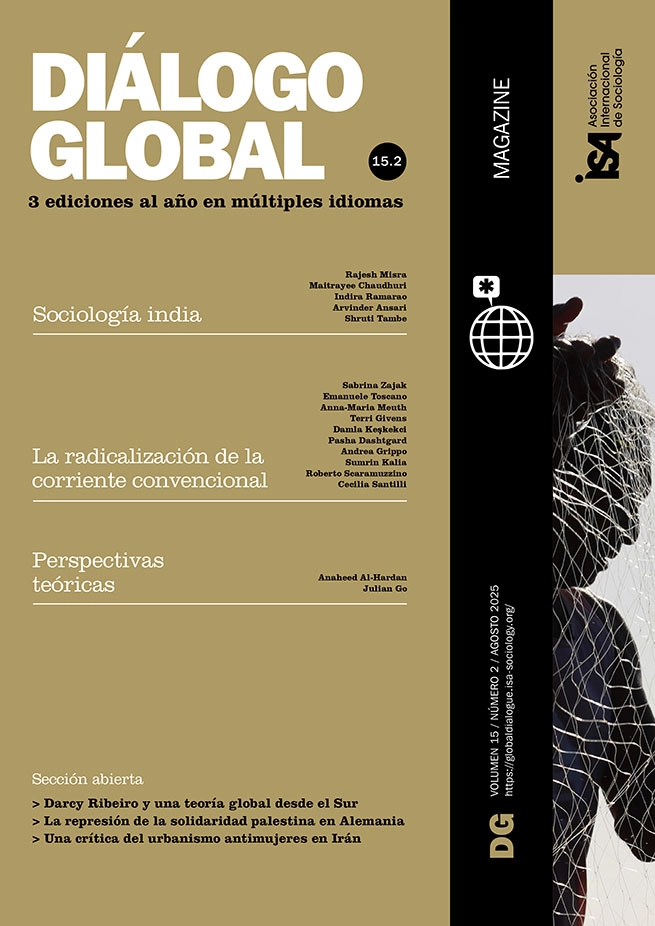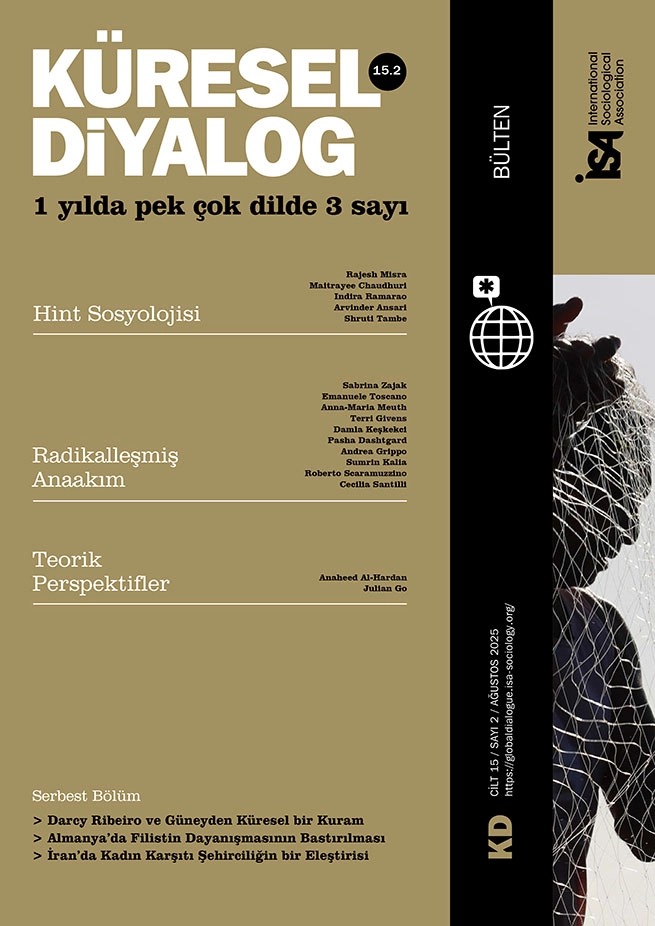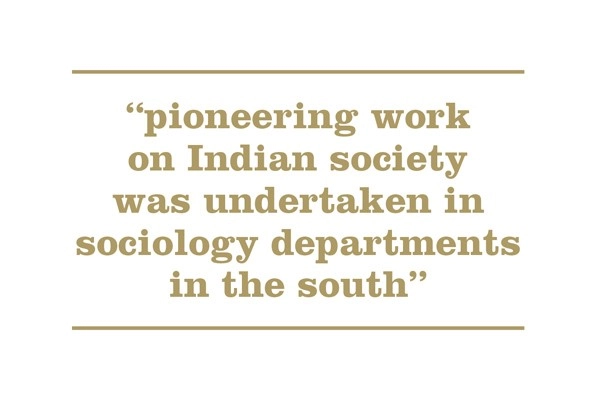The beginnings of sociology in south India can be traced to the second decade of the twentieth century. The history of sociology in south India is presented here divided into three time periods: 1900-1950, 1950-2000, and 2000-2024 (to date, at the time of writing). The regions covered are the five states of Andhra Pradesh, Karnataka, Kerala, Tamil Nadu and the union territory of Puducherry.
1900-1950
The need to gain sociological insight to understand social phenomena germinated as early as the year 1915, when the Cambridge economist Gilbert Slater came to the Department of Economics at the University of Madras as chair of the department. Slater envisioned the teaching of economics to Indian students as complete only if they learnt what society is, and more importantly, about rural communities in India. His study of Indian villages, Some South Indian Villages, was published by Oxford University Press in 1918. I see this as laying the foundation for the development of what we today eulogise as interdisciplinary or multidisciplinary studies.
A similar endeavour was initiated when A.R. Wadia travelled from Wilson College, Mumbai, to the University of Mysore in 1917 to head the Department of Philosophy at Maharaja’s College. Wadia’s keen interest in giving a sociological orientation to philosophy, an idea supported by Brajendra Nath Seal, the then Vice-Chancellor of the University, saw sociology becoming an integral part of the undergraduate course in social philosophy. Wadia’s decision to promote sociological studies also led to the introduction of the first undergraduate programme in sociology in India in the year 1928. Another milestone in the history of sociology in south India was the introduction of the one-year master’s programme in sociology in 1949.
In Osmania University, Hyderabad, the undergraduate programme in sociology was situated in the Department of Economics, and it was only in the academic year 1937-38 that the discipline gained its individual identity. Sociology acquired the status of a fully-fledged department in 1946, when a postgraduate programme was introduced. At the time of the reorganisation of the states on a linguistic basis in 1956, Mysore and Osmania were the only universities offering master’s programmes in south India.
In the state of Kerala, the teaching of sociology as a subsidiary subject began in the 1930s; it was offered in colleges and taught to students of economics, history and political science. It should also be noted that the institutions concerned were all affiliated to the University of Madras.
On the research scene, I wish to make a special mention of the studies carried out by Austrian ethnologist Christoph von Furer-Haimendorf, who joined Osmania University as Honorary Professor and Advisor to the Nizam Government in 1945. His arrival in the department not only led to the starting of post-graduate classes in sociology in Osmania University, but also to a considerable amount of research activity being undertaken in the large tracts of tribal areas in the state. Some of the most celebrated field studies by von Furer-Haimendorf were carried out among the Chenchu, Bhil and Raj Gond tribal communities.
1950-2000
This was the most active period in the history of sociology in south India, in terms of both growth in the number of institutions and also research activities. In universities as well as in colleges, the teaching of sociology flourished. While master’s and research programmes were offered in university departments, the undergraduate programme in sociology was offered in colleges.
Between 1950 and 2000, the master’s programme in sociology in Karnataka was launched in six universities and each of these universities had affiliated colleges which offered sociology at the undergraduate level. The year 1970 saw the establishment of the Institute for Social Change, ICSSR’s Premier institution in Bengaluru, Karnataka.
In the undivided state of Andhra Pradesh, postgraduate departments of sociology were started in seven universities and ten institutions in Tamil Nadu, out of which eight were in universities and one each in a private college and an institute. The Department of Sociology in the Central University of Pondicherry was inaugurated in the year 1993.
Kerala presented a unique picture in that postgraduate programmes in sociology were offered in colleges, and the discipline entered the university scene only in 1969. A point to be noted is that colleges which offered sociology at the postgraduate level developed a research culture, generally thought of as being the prerogative of postgraduate departments. A prominent example is the monograph Marriage and Family in Kerala by Joseph Puthenakalam, who was in the sociology department of Loyola College, Thiruvananthapuram, considered to be a seminal work on kinship in Kerala.
The early 1950s saw pioneering work on Indian society undertaken in sociology departments in the south. Shyamacharan Dube, who set the trend for village monographs in India, came to Osmania University in 1952 as Reader in the Department of Sociology. Dube’s seminal work, Indian Village, published in 1955 and based on Shamirpet, located close to the city of Secunderabad, is considered the first book on a single village in South Asia. In 1954, American anthropologist Milton Singer from Chicago University was invited by the government to study the changing rural society in the then state of Madras. His research on the role of tradition in the industrialised city of Madras, and the Sanskrit tradition in modern urban centres, led to the publication of the classic When a Great Tradition Modernizes: An Anthropological Approach to Indian Tradition in 1955. M.N. Srinivas’s books – Marriage and Family in Mysore and Religion and Society among the Coorgs of South India – were published, respectively in 1942 and 1952, when he was at the Department of Sociology, Bombay University.
In the decades of the 1970s and 1980s, departments of sociology in Karnataka were also home to research projects that focused on social problems, sponsored by national and state organisations. These projects mainly concentrated on undertaking a situation analysis and recommending solutions. C. Parvathamma’s studies on housing for rural poor and both scheduled castes and scheduled tribes, are but a few examples of how the idea of research for social action was encouraged in sociology departments.
The period 1950-2000 saw the maximum growth, both in the number of universities and teaching programmes in sociology all across south India. But from 2000 onwards, with the control of higher education shifting from the state to the private sector, sociology received a setback.
2000-2024
Across the southern states, many new universities were established in the twenty-first century, but a majority of them are in the private sector. Even in the newly established state universities, sociology has seen a downturn. Karnataka is a classic example. In this period, 37 universities were founded by the government and, out of these, sociology departments only function in nine universities. Between 2000 and 2023, as many as 39 universities were established in the private sector; and yet, only in two of these universities is sociology currently being offered. Of the 49 institutions opened in Andhra Pradesh, and 28 in Telangana (separated from Andhra Pradesh in 2014) over this period, it is only in three universities that sociology is being offered. In Tamil Nadu, sociology is not being offered in any of the 29 universities opened in the private sector. In Kerala too, sociology is not offered in any of the private universities opened after 2000. But the redeeming feature is that undergraduate colleges do offer sociology courses.
Concluding remarks
The trajectory of sociology in south India has raised many questions that require serious dialogue. The first relates to gaps in recording the history of the discipline in different regions of the south. There is no systematic recording of the growth pattern, or the causes of the downhill journey sociology has taken. As for identifying the major research areas that different university departments have covered, and engaging in a critical debate on the outcomes and outputs of these research studies, I find that there is another large gap. There have no doubt been groundbreaking studies in many departments, but documentation regarding these works, their current relevance and efforts to undertake longitudinal studies using these studies, all seem to be virtually absent. Not setting aside the job value of PhD research, most of the research is purely degree-centric, without any serious review. Also, there is a need for a very solemn dialogue on pedagogical practices and quality assessment.
Indira Ramarao, former President of the Indian Sociological Society and University of Mysore, India <ramaraoindira@gmail.com>
